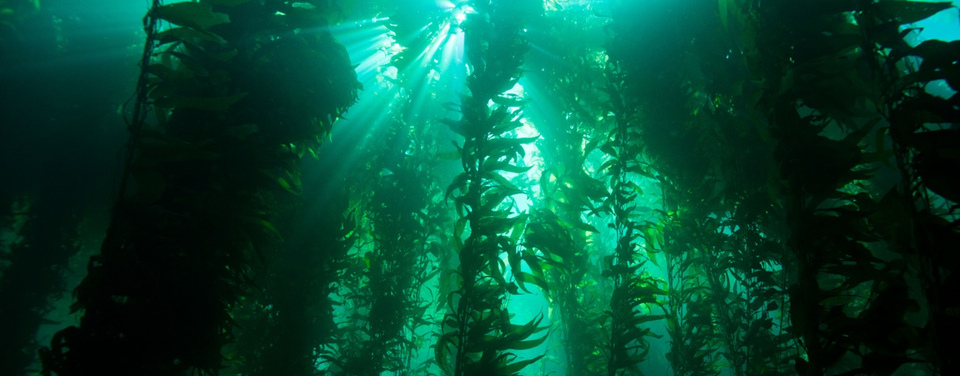By Natalia Mesa.
In Washington State, the Jamestown S’Klallam Tribe’s new preservation facility offers a back-up plan for an uncertain future.
Kelp is common along temperate shorelines around the world. For millennia, this large brown algae has been vital to coastal Indigenous peoples. In Washington State and British Columbia, kelp is a traditional food source, a focus for commercial cultivation, and habitat for critically endangered and threatened species like rockfish and young salmon. It’s hard to overstate kelp’s value. For the Jamestown S’Klallam Tribe, says shellfish biologist Annie Raymond, “you can’t quantify how important this biodiversity is, culturally.”
But over the past four decades, warming water and other factors have been killing kelps across the Salish Sea. So this summer, Raymond and her team will be hunting for kelp spores—colloquially called seeds—in the Juan de Fuca Strait, part of an ongoing effort to build an emergency fund for kelps, says Raymond, and ensure their future in the tribe’s traditional territory.
To face the pressing need to preserve kelp biodiversity, the Jamestown S’Klallam Tribe is partnering with the Puget Sound Restoration Fund (PSRF) and other tribes, universities, and organizations to expand a seed bank for Washington kelps as part of the Puget Sound Kelp Conservation and Recovery Plan.
Begun in 2010 by researchers at the University of Wisconsin–Milwaukee, the existing seed bank houses a collection of bull kelp spores from the Washington coast. Currently, the spores are housed in Wisconsin, but in the coming months, the collection will be moved to a US National Oceanic and Atmospheric Administration (NOAA) Fisheries research station in Manchester, Washington.
The expanding seed bank, says Raymond, is designed to preserve vulnerable kelp species for future restoration. While the tribe will only collect spores along the Juan de Fuca Strait, “the seed bank allows the tribe to contribute to habitat protection,” she says. “We want to help build resilience across the region.” The PSRF will also contribute to the seed bank, sampling sites along the Washington coast.
Read more at hakaimagazine.com.

